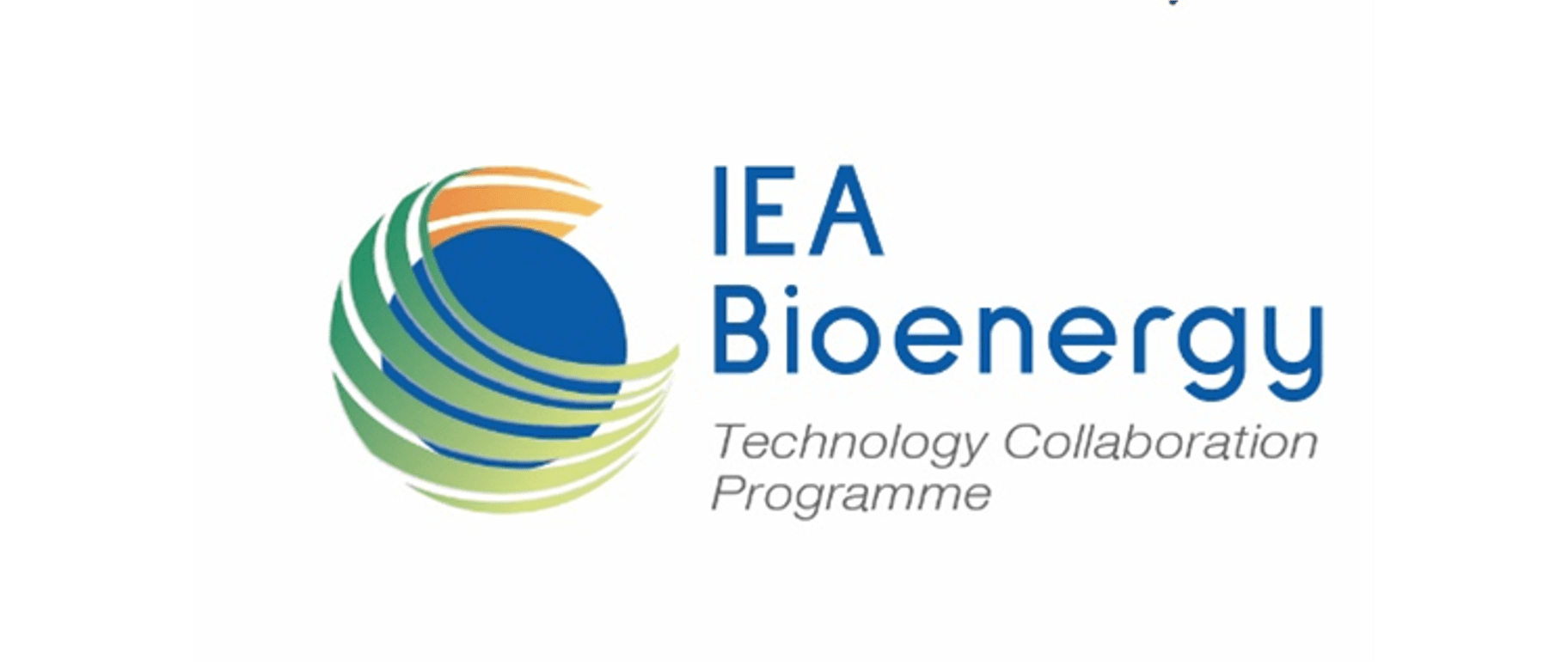We’re proud to share that Eric van den Heuvel has been appointed as Technical Coordinator of the International Energy Agency (IEA) Bioenergy programme.
The IEA Bioenergy TCP, established in 1978, is the leading global network on research and implementation of bioenergy, with 24 member countries across five continents. The members collaborate with the aim of improving cooperation and information exchange between countries that have national programmes in bioenergy research, development and deployment.
The priority research areas of the various Working Groups (so called Tasks) in the Work Programme for the periode 2025-2027 concentrate on four topics:
- Sustainable biomass supply,
- Biomass conversion technologies
- Markets and deployment
- Systems Aspects.
IEA Bioenergy TCP operates autonomously under the auspicious of the IEA International energy Agency. IEA Bioenergy collaborates with other international networks, such as IEA, other TCPs (Advanced Motor Fuels, Hydrogen, ETSAP, IETS etc) FAO, UNIDO GBEP, CEM Biofuture Platform Initiative, IRENA etc.
More information on IEA bioenergy can be found here. More information on all TCPs is found here.




